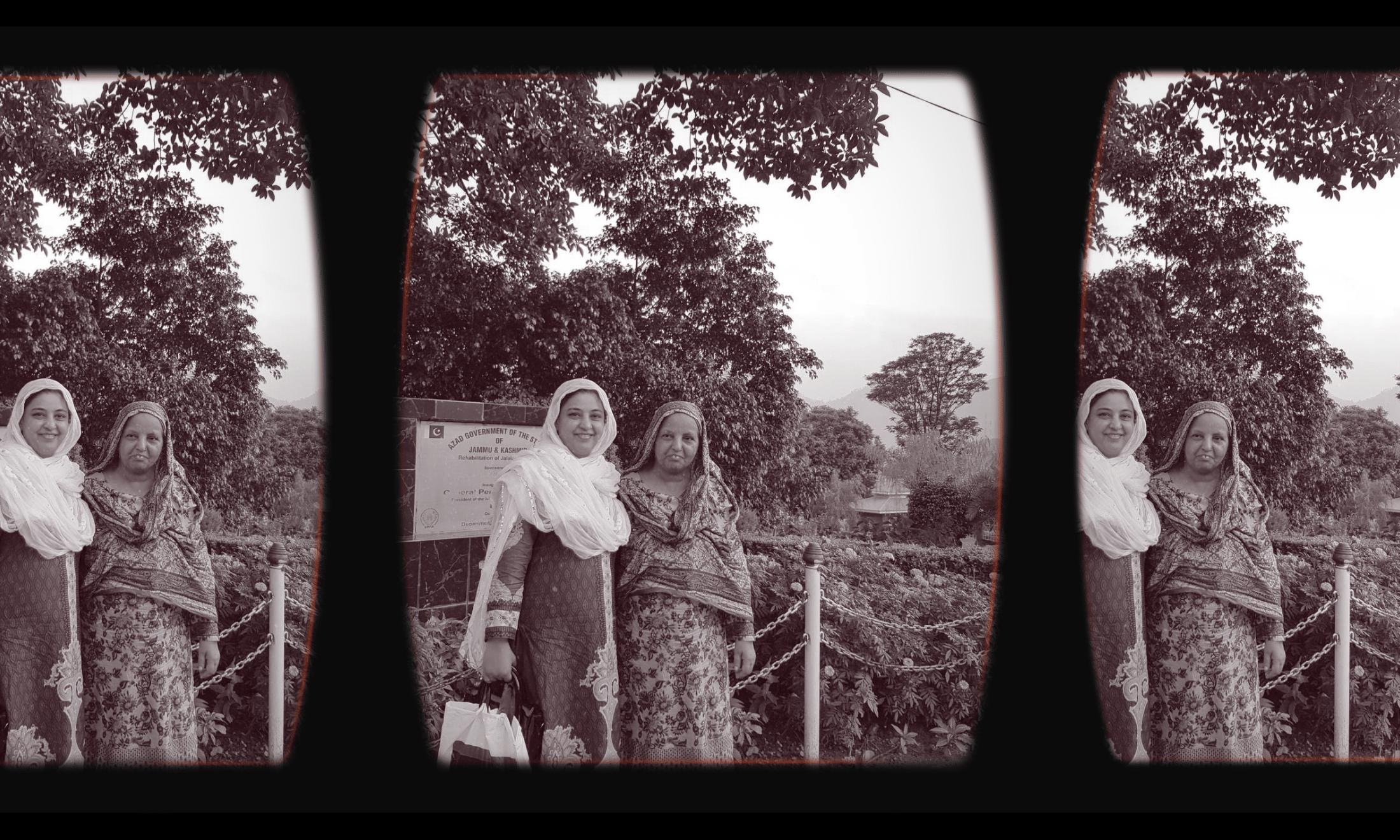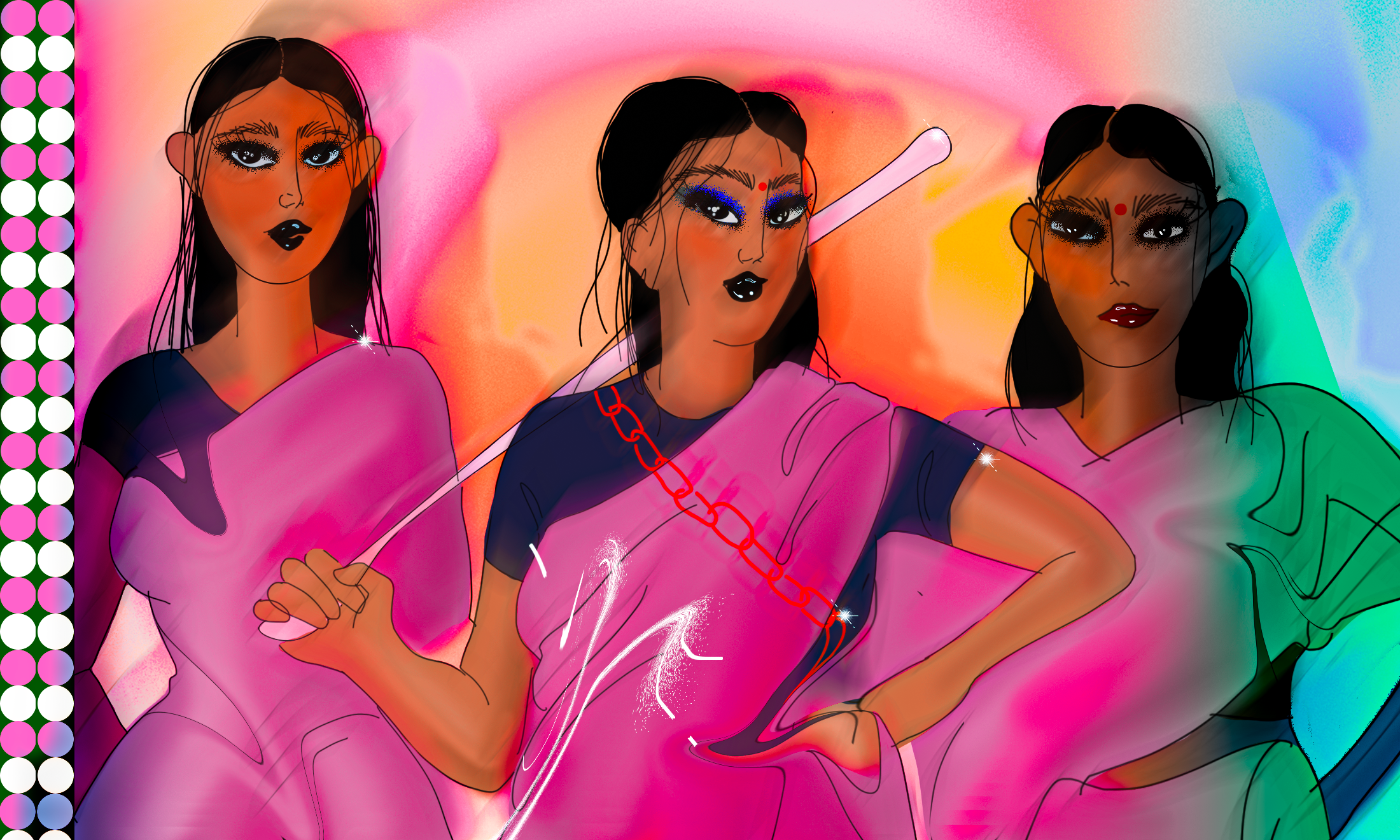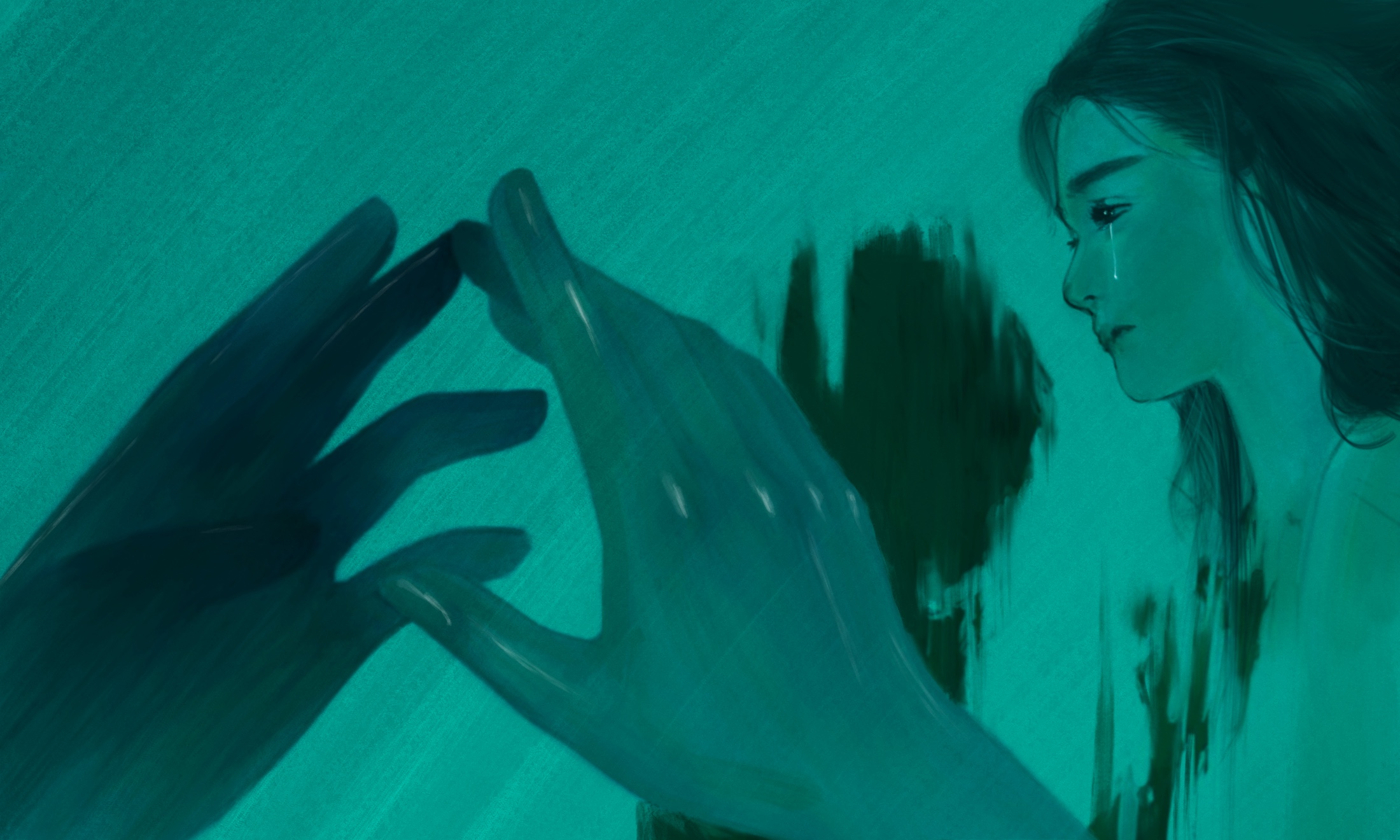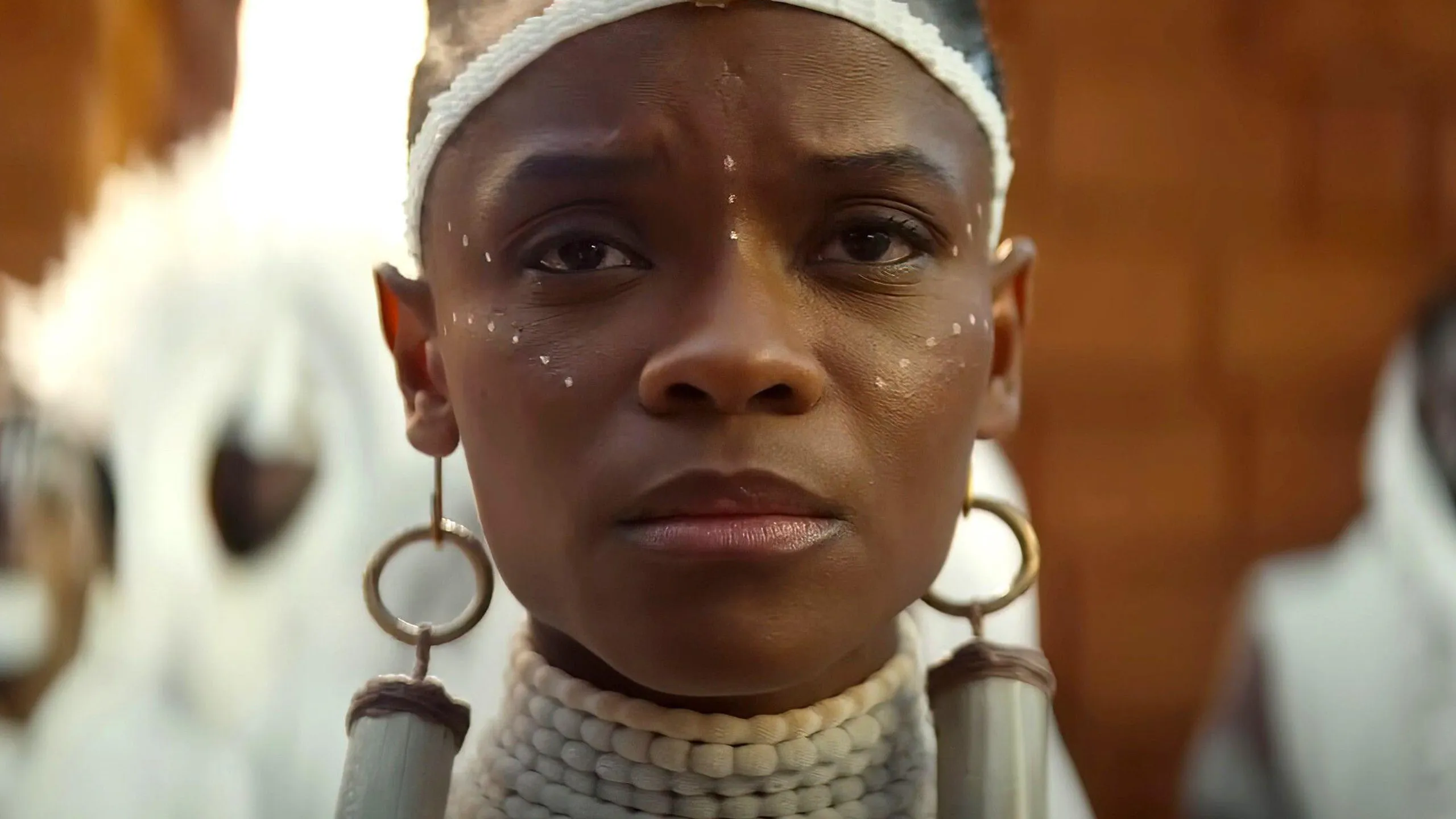
A photograph of the author's mother and nani -via author
I’m relearning Urdu to help me cope with losing my nani
How could I understand my history when such an important connection to it had gone?
Um-E-Aymen Babar and Editors
12 Mar 2022
My nani died in the middle of the day on 17 June 2021. She was 5000 miles away in Islamabad with my mum by her side, screaming in agony. My dad called me that morning, telling me to come home to London from university in a voice that tried to mask his concern for her fast-deteriorating health. I packed frantically as one of my friends sat on my bed, reminding me of her love for me.
My train pulled into Cambridge station delayed as usual. It was sod’s law; everything seemed to be going slower just when I needed to rush home. As I walked out of the station, I got a text from my sister saying: ‘she passed away.’ I couldn’t move. I stared at my phone blankly before replying, ‘what do you mean?’ But I knew what she meant; I knew exactly what happened. At that moment, I not only lost my nani, but I lost a part of Pakistan. I lost my connection to a history that I desperately wanted to learn and understand.
Someone asked me to get out of their way. The familiar noise of traffic faded. The bustle of Queens Road Peckham felt disorientating. I felt offended that the world was carrying on without her.
“Urdu became the medium through which I navigated my grief, in a language we shared and in a way I knew she would have understood”
In the summer of 1947, the announcement of the Partition of British India was made. In the months that followed, bloodshed ensued as South Asia witnessed what remains until today one of the biggest internal migrations in history, with around 14 million people displaced. During one of the train massacres, the women were raped, their breasts mutilated, and the men were murdered. As the train pulled into Lahore, the only survivors left were in the last carriage. My family was on that last carriage. It would be 50 years later that my parents would move to London to begin a new life.
I began researching this history during my master’s degree at Cambridge last year. I chose Urdu as my language component because it’s my mother tongue. A decision that had once been entirely academic suddenly weighed heavily upon me after my nani passed away. Urdu became the medium through which I navigated my grief, in a language we shared and in a way I knew she would have understood. They do not teach you this about grief – how aggressively you are confronted with all your past choices. Decisions that seemed irrelevant now weighed so heavily upon me.
I learned that grief does not have five stages, or fifty. It is continuous. It doesn’t come and go. It stays and makes a home in the emptiness that death leaves behind. I also learned that loss and love mean something completely different in Urdu than they do in English. As a young girl, these emotions were expressed openly in my family, but as I got older, I learned to balance this with the quintessential British stiff upper lip.
Grief is a cruel lesson. As my family exchanged stories about my nani after her death, I found out more about her than I had known before; her favourite film was Pakeezah (which explores the love and desire of a courtesan, examining issues of shame and honour), her favourite food was simply daal chawal (a staple meal of daal and rice) and her favourite song was ‘Chalo Dildar Chalo’. In these small moments, she felt alive to me, like I could keep adding to my memory of her and she would continue growing in my recollections.
“We carry Urdu with us as a trust, a familiar way back home”
I returned to Cambridge from London after the three days customary mourning period to complete my thesis in what now felt like a punishment. How could I write about the history and memory of the Partition when my very connection to it had gone? I was studying Intizar Husain’s book Basti, meaning dwelling or home. In the novel, the protagonist also moves to Lahore after the Partition, leaving his entire life behind.
وہ اپنے شہر چھوڑ چکے تھے، لیکن وہ اپنے شہر اپنے ساتھ امانت کے طور پر اپنے کندھوں پر اٹھائے ہوئے تھے۔
“They had left their cities, but they carried their cities with them, as a trust, on their shoulders.”
I felt similarly about Urdu – though I had left Pakistan, I carried it on my shoulders. It was the language my family expressed their love in, it felt safe and comforting. As immigrants, we are no strangers to British hostility, so we carry Urdu with us as a trust, a familiar way back home.
Decades ago, my family had left Pakistan behind and our strongest connection to it was through Urdu – the homeless language born after the Partition, out of conversations between the vernacular of north India, Persian and Arabic. That’s why relearning Urdu has been the most authentic way in which I can grieve over the loss of my nani.
عام طور پر ایسا ہی ہوتا ہے۔ شہر پیچھے رہ جانے کے بعد بھی پیچھے نہیں رہتے۔ وہ آپ پر اور بھی زیادہ گرفت کرتے ہیں۔
“That’s how it usually is. Even when cities are left behind, they don’t stay behind. They seize on you even more.”
My nani had lost her city to the Partition and I lost my connection to this history through her death. But these stories have not been left behind. Husain wrote that memories don’t just stay behind, they seize on you even more. Learning Urdu has become an act of preservation, a way to honour the memory of my nani and my country.
Like what you’re reading? Our groundbreaking journalism relies on the crucial support of a community of gal-dem members. We would not be able to continue to hold truth to power in this industry without them, and you can support us from £5 per month – less than a weekly coffee.
Our members get exclusive access to events, discounts from independent brands, newsletters from our editors, quarterly gifts, print magazines, and so much more!









